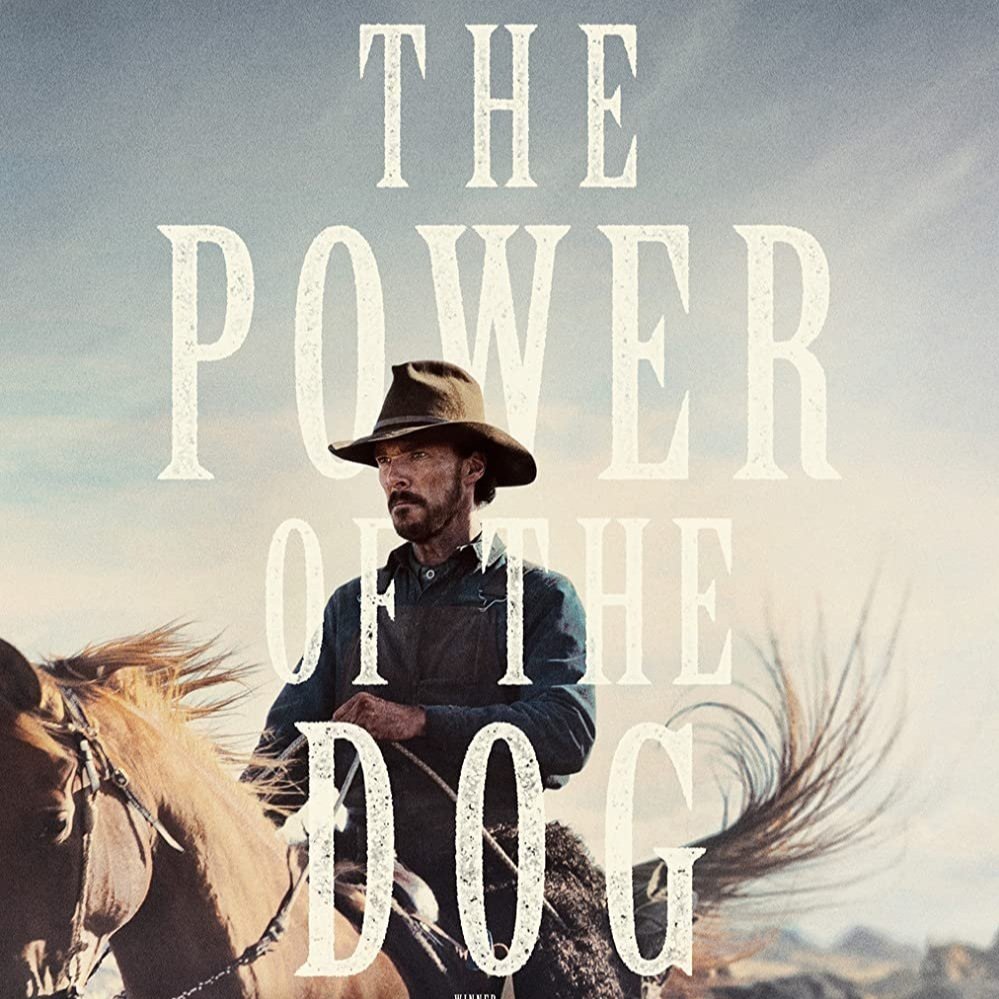
With globalization primarily considered an urban phenomenon, its impact on rural areas tends to be neglected.
RURALIMAGINATIONS is an ERC-funded project (September 2018-June 2024) on contemporary cultural imaginations of the rural based at the Amsterdam School for Cultural Analysis.
We consider how widely read and watched novels, films and television series influence what aspects of globalized rural life become (in)visible, which, in turn, affects how the rural can be mobilized politically.
Image: Jakub Różalski, "1920 - before the storm”

RURALIMAGINATIONS compares five national contexts across four continents: the UK, the US, the Netherlands, China and South Africa.
It also examines how certain imaginations of the rural (such as idyllic and pastoral ones) have achieved global reach.
“People are very unwilling to let go of these [idyllic rural] imaginations and that is why they are so often receptive when such ideas are used in a political way.”
“That’s central to the project – asking why people are so resistant to different images of the countryside and why there is this denial of the reality of much of rural life?”
Extracts from an interview with Principal Investigator Esther Peeren
Research Team
Top left to bottom right: Emily Ng, Tjalling Valdés Olmos, Anke Bosma, Hanneke Stuit, Esther Peeren & Lelia Tavakoli Farsooni on a 2019 research trip to Aberystwyth.
News
Call for Papers - Perspectives on Rural Economies and Ecologies: Past, Present and Future
Conference May 21 – 23, 2025 - Netherlands Institute at Athens (NIA)
Confirmed Keynote Speaker: Esther Peeren (University of Amsterdam)
This interdisciplinary conference will address topics related to our understanding of the rural as not outside, but rather entangled with, globalization from the outset. We encourage contributions that examine how, in specific rural communities, gender and class relations as well as notions of nationhood are refracted under conditions of industrialization and financialization. We are also interested in discussions of the environmental impact of these conditions. We welcome contributions on the history of rural places and their globalization as well as on more recent developments such as rural gentrification and (over)tourism. We welcome submissions grounded in empirical research on rural places, but also those addressing the rural as it is (re)imagined in media such as film, TV, literature (including graphic novels) and online platforms.
Possible topics include but are not limited to:
Rural extractivisms (e.g. industrial, agricultural, financial)
The rural as hinterland, periphery or sacrifice zone
Rural labour, as classed, gendered and racialized
Mono-industrial rural communities
Rural revitalization and rural resilience
Rural tourism, including dark tourism
Postindustrial rural landscapes
The rural and climate change
Rural domesticities
The more-than-human rural
Globalized genres of rurality
The conference will be held at the Netherlands Institute Athens, Greece (https://nia.gr/en/), May 21-23, 2025. Deadline for submissions is January 15, 2025. Please send all inquiries to Joyce Goggin at: j.goggin@uva.nl.
OUT NOW:
Pamila Gupta, Sarah Nuttall, Esther Peeren and Hanneke Stuit (eds.). Planetary Hinterlands: Extraction, Abandonment and Care (2023). OPEN ACCESS.
Download a PDF of the book here
The edited volume Planetary Hinterlands: Extraction, Abandonment, and Care has appeared with Palgrave in the Palgrave Studies in Globalisation, Culture & Society series.
This open access book considers the concept of the hinterland as a crucial tool for understanding the global and planetary present as a time defined by the lasting legacies of colonialism, increasing labor precarity under late capitalist regimes, and looming climate disasters. Traditionally seen to serve a (colonial) port or market town, the hinterland here becomes a lens to attend to the times and spaces shaped and experienced across the received categories of the urban, rural, wilderness or nature. In straddling these categories, the concept of the hinterland foregrounds the human and more-than-human lively processes and forms of care that go on even in sites defined by capitalist extraction and political abandonment. Bringing together scholars from the humanities and social sciences, the book rethinks hinterland materialities, affectivities, and ecologies across places and cultural imaginations, Global North and South, urban and rural, and land and water.
Latest publication
Esther Peeren, “Afterword: Running with the Metaphor of Social Invisibility” Zeitschrift für Anglistik und Amerikanistik special issue on Contemporary Literature and Social Invisibility, edited by Gero Guttzeit (2024)
In this afterword, I reflect on the contributions gathered in this special issue, which make clear that social invisibility is multivalent, as visibility, invisibility, and the oscillation between them have different meanings and effects in different social and literary contexts. To the points made about social invisibility in the contributions to this special issue on social invisibility, I add three more. First, after considering social disappearance as a possible alternative to social invisibility, I conclude that the lack of clear boundaries between these two highly elastic metaphors should not be seen as a problem, but as fruitful: running with both metaphors allows us to arrive at a better understanding of the lives led by particular precaritized groups, and to compare these lives across historical and cultural contexts, as well as across approaches and methods. Second, while social invisibility and social disappearance have predominantly been used to figure disempowerment, it should be acknowledged that escaping notice can also empower. A brief reading of Don DeLillo’s Cosmopolis illustrates the power self-chosen invisibility may impart to the privileged. Third, I argue that humanities approaches to fictionality and narrative and visual form, as found across different types of art and media, provide ways of thinking through social invisibility that add something valuable to empirical and ethnographic approaches in the social sciences. The main reason for this is that narrative and visual form can defamiliarize our perception of the social world, enabling us to notice again or notice differently what has become unremarkable.
Monthly Picks
- Relevant reflections on the rural, selected by us each month -
Emergency (2022)
‘Emergency’ is a novel about the dissolving boundaries between all life on earth. Stuck at home alone under lockdown, a woman recounts her 1990s childhood in rural Yorkshire.
More here.
The Power of the Dog (2021)
In Jane Campion’s staggering take on the western, her first movie in more than a decade, a cruel cowboy meets his surprising match.
More here.
The Afterlife of Enclosure (2021)
The enclosure of the commons, space once available for communal use, was not a singular event but an act of "slow violence" that transformed lands, labor, and basic concepts of public life leading into the nineteenth century.
More here.





